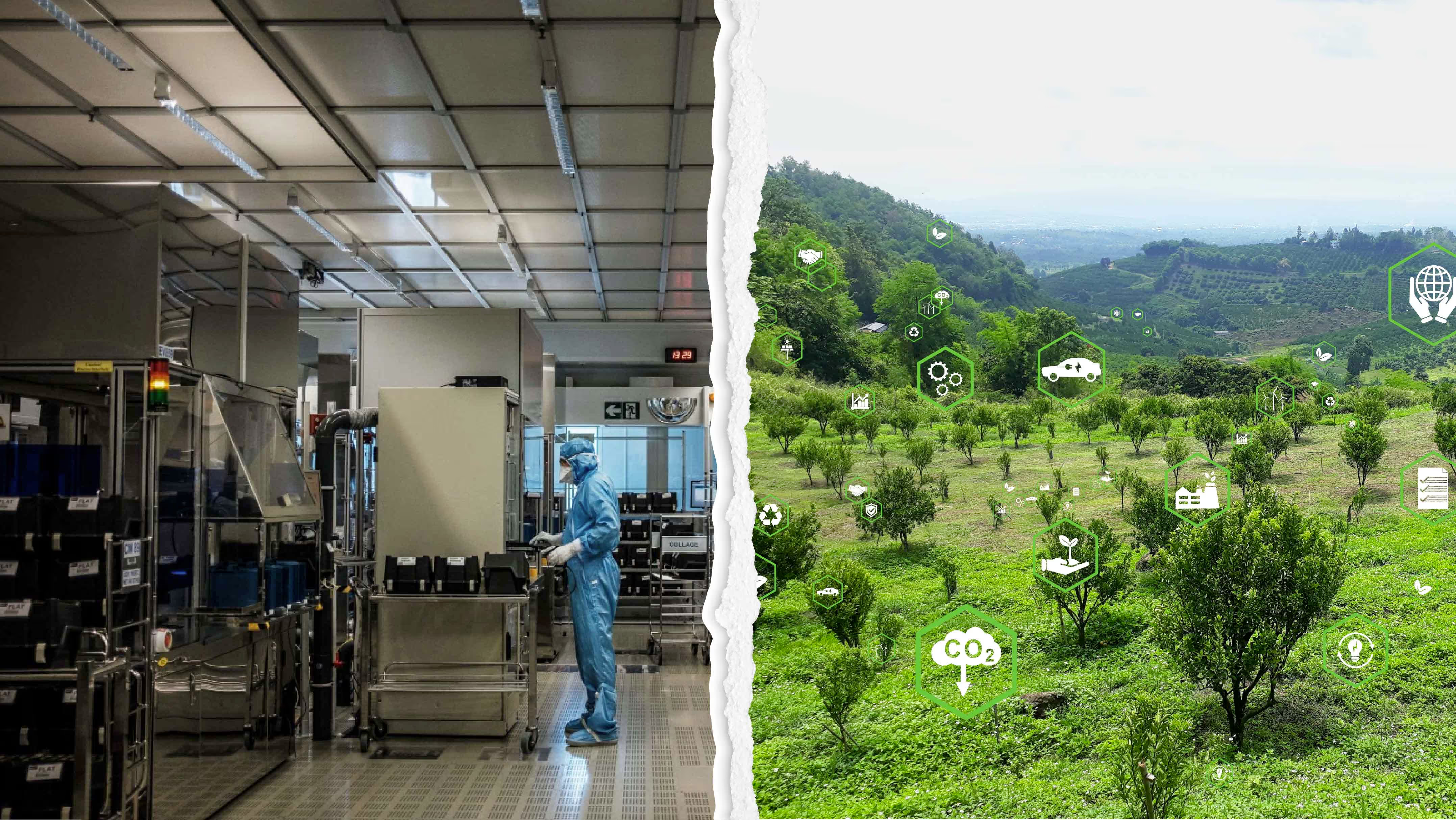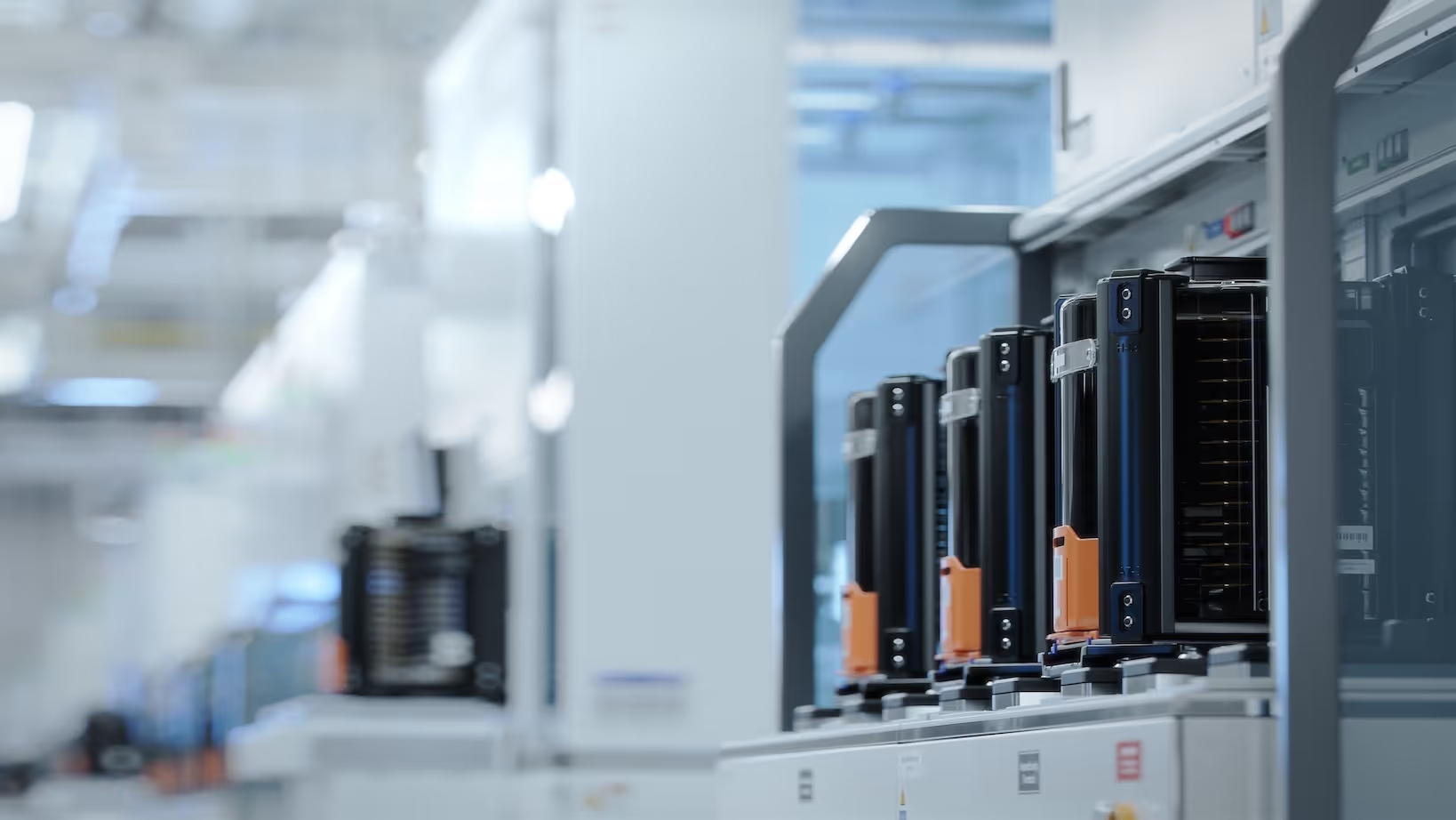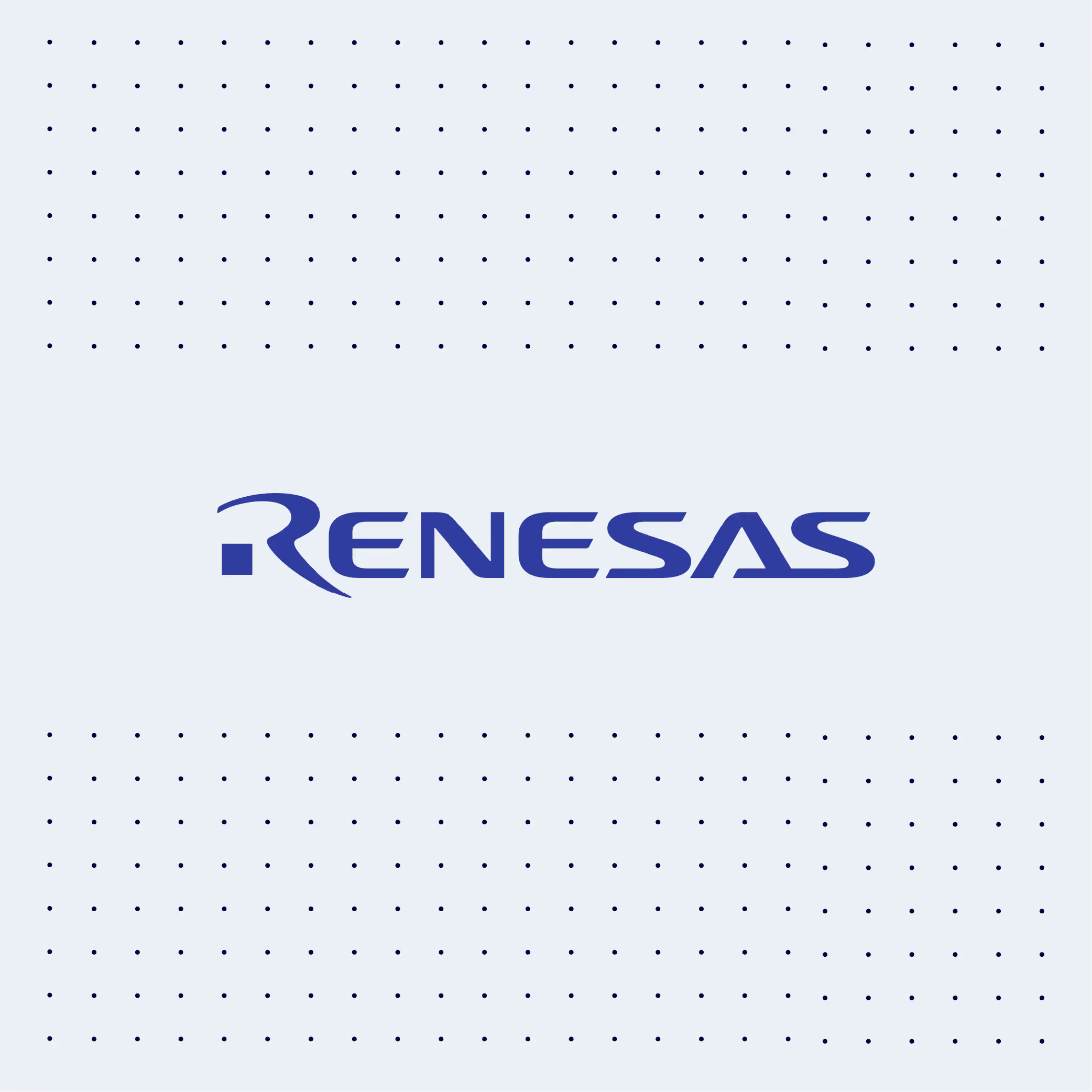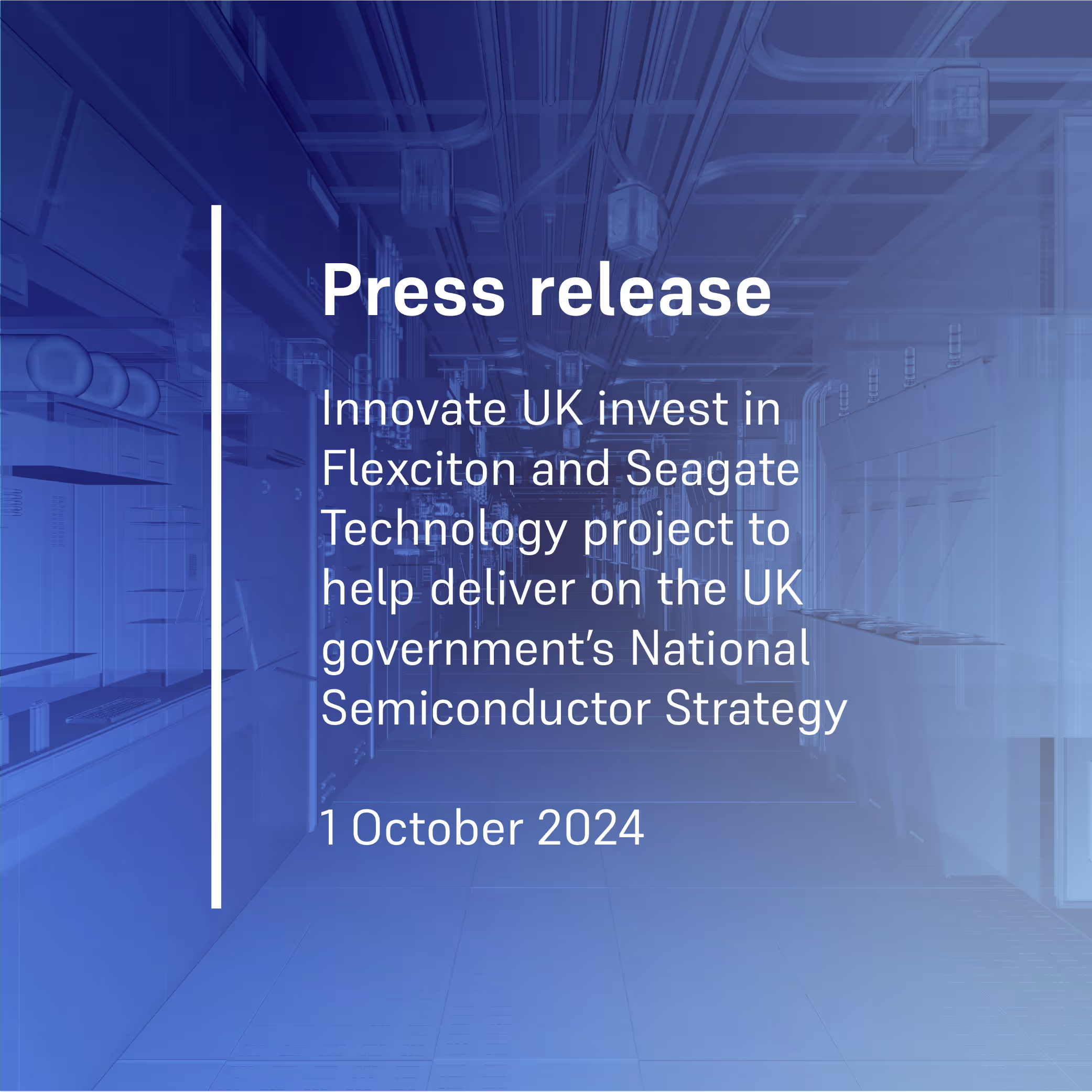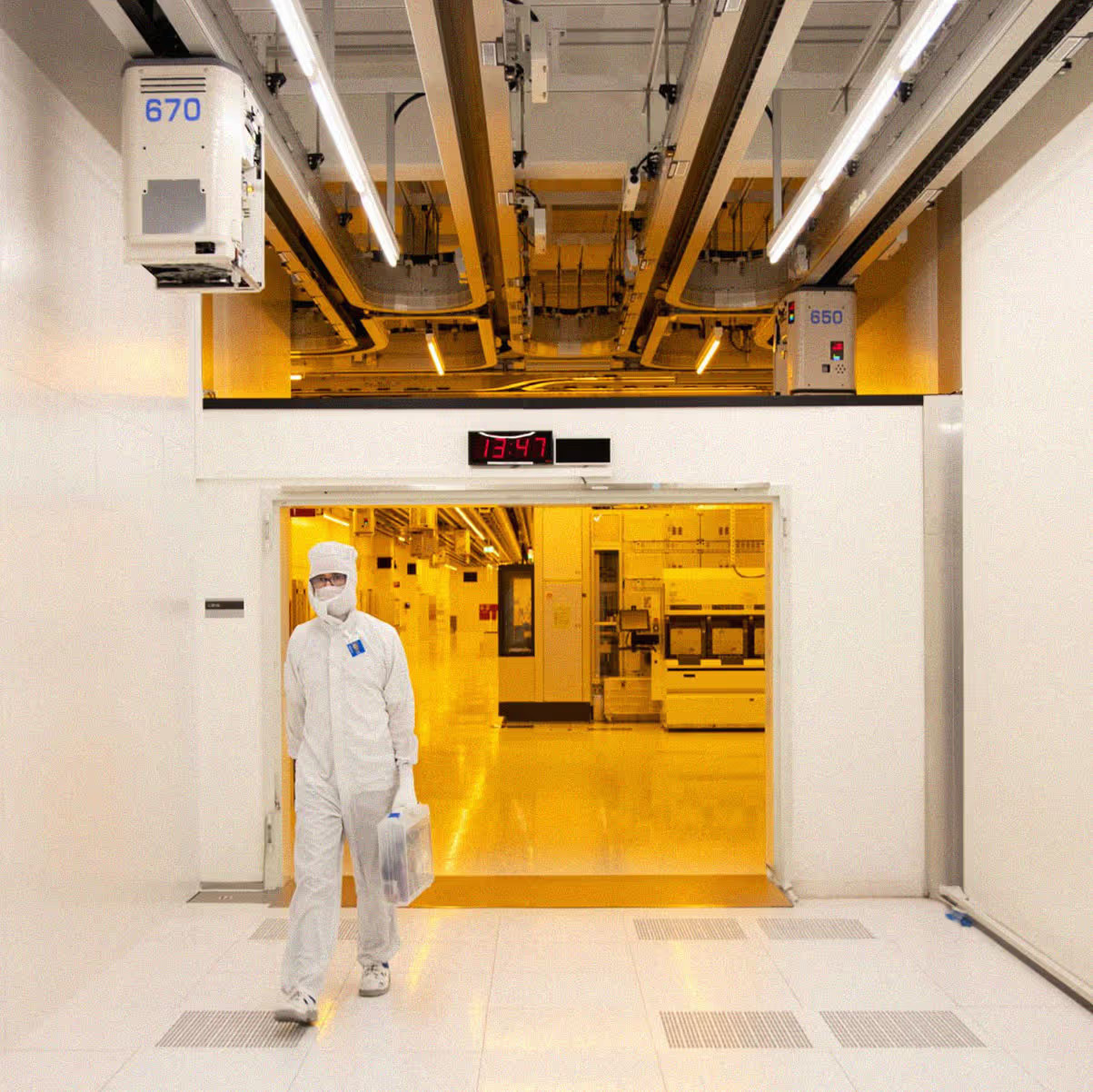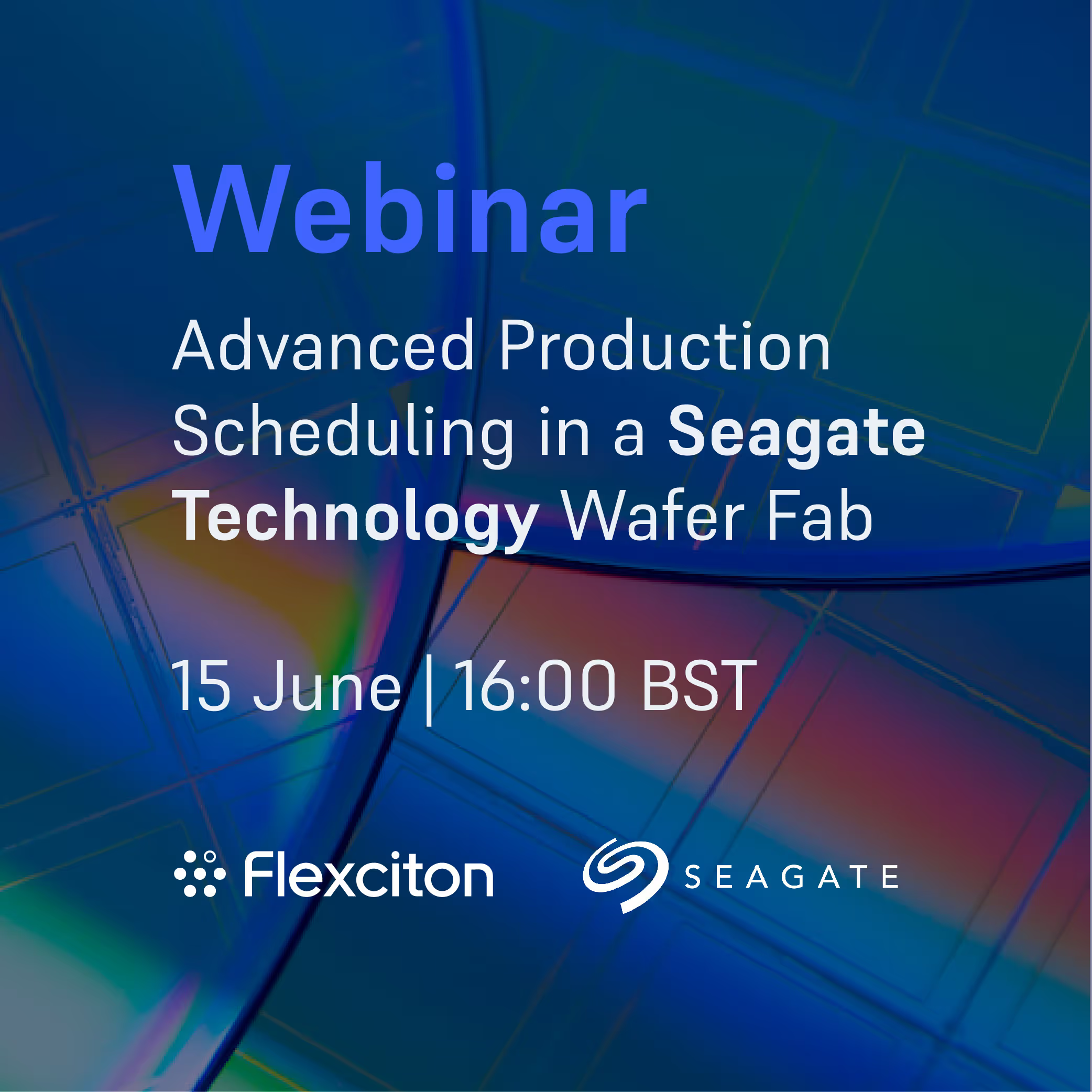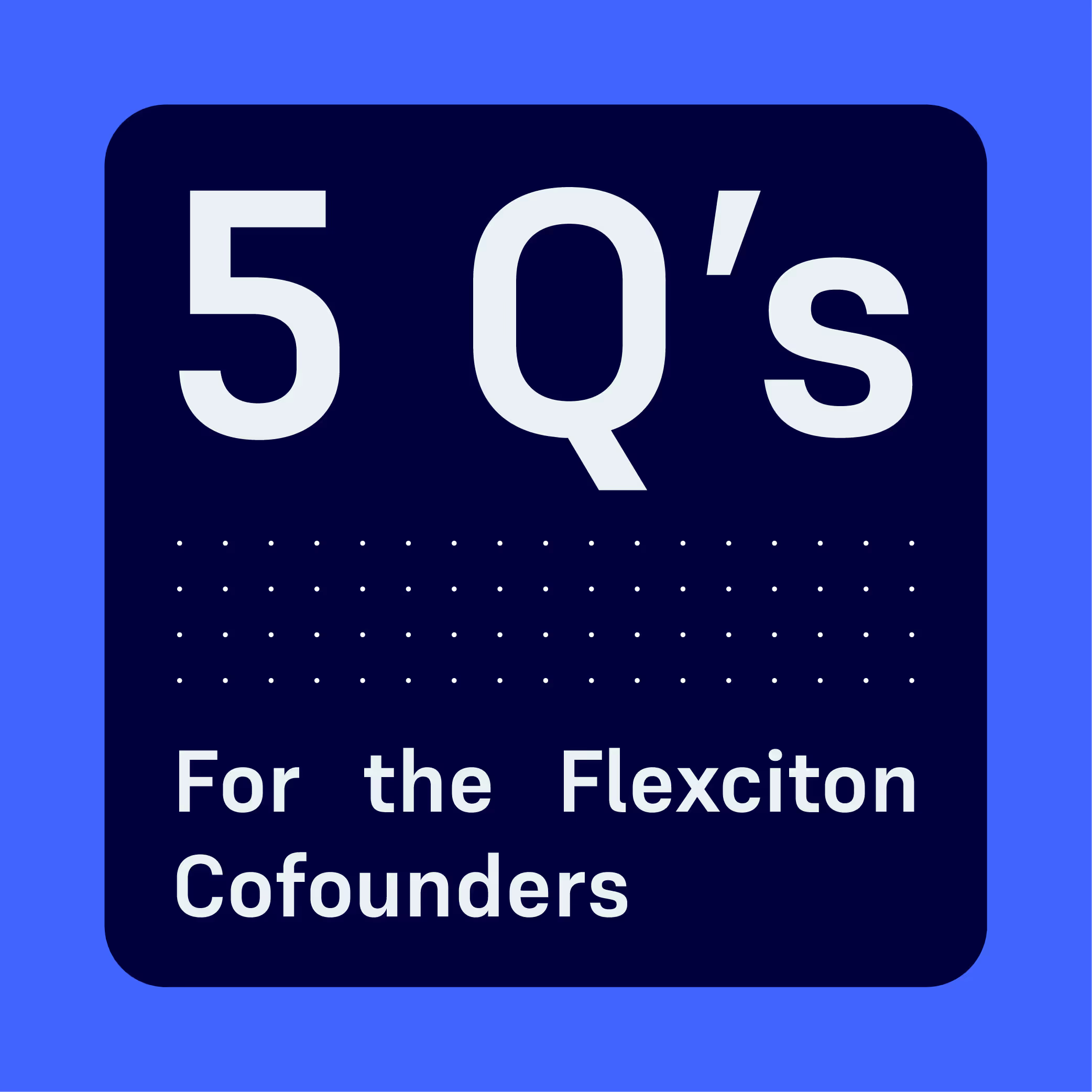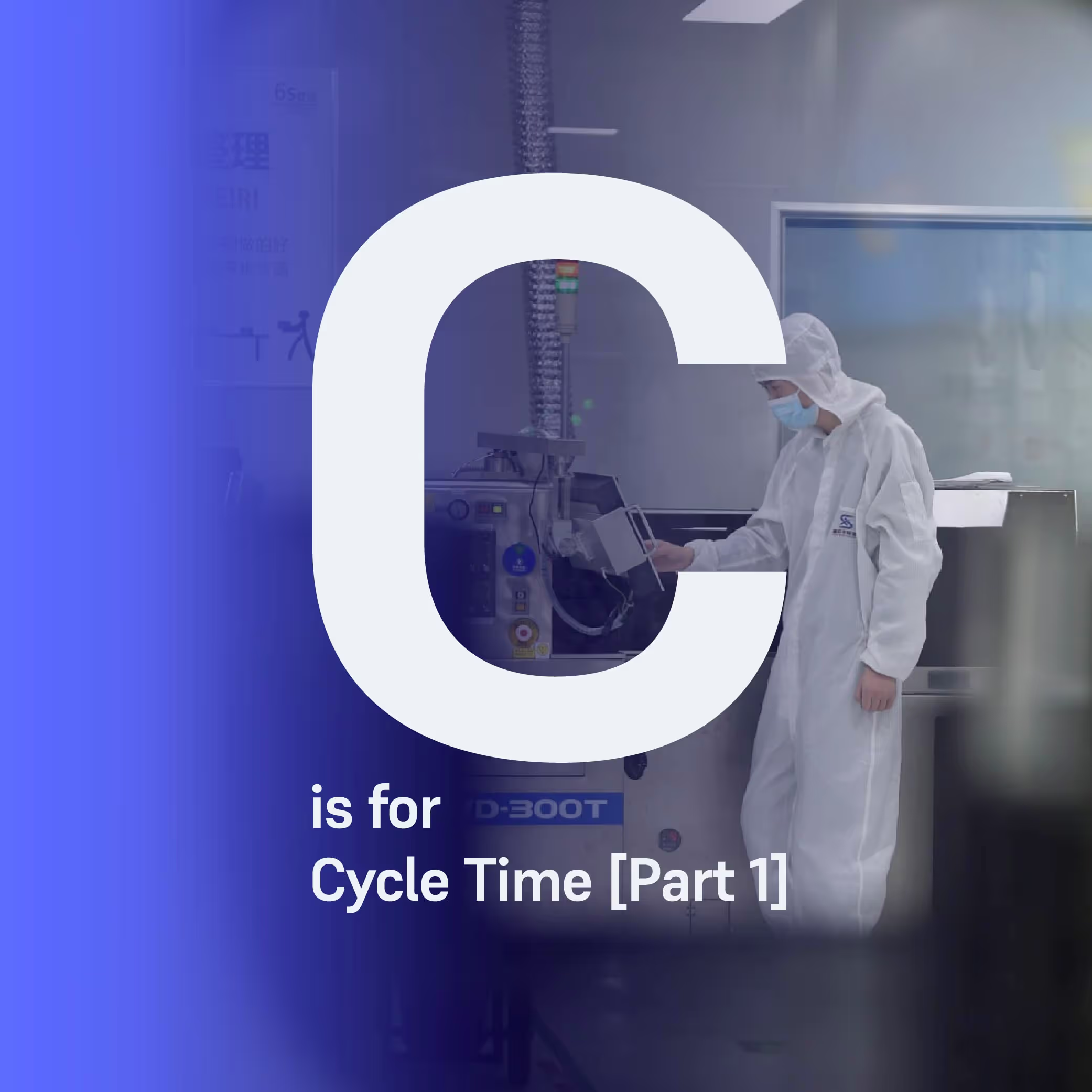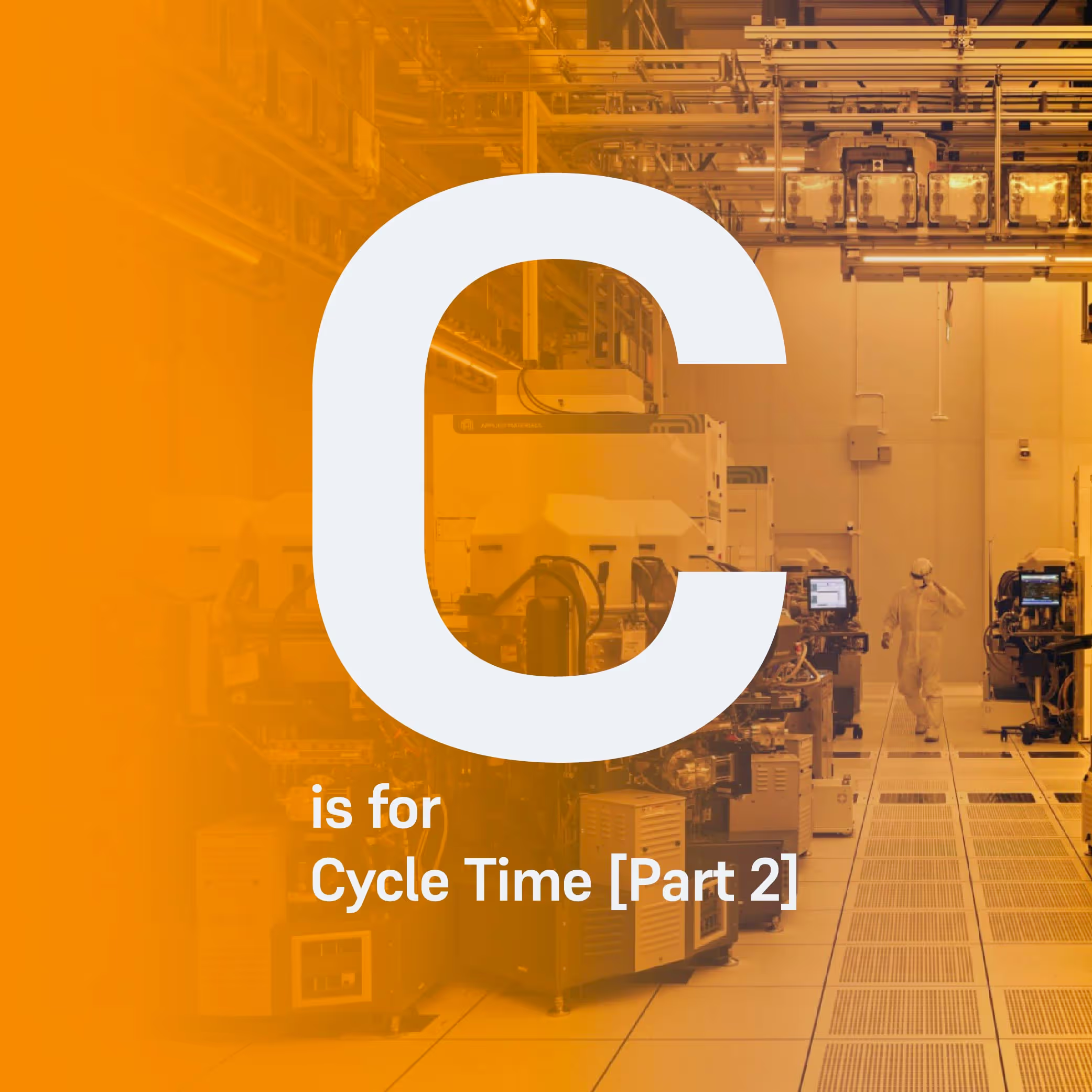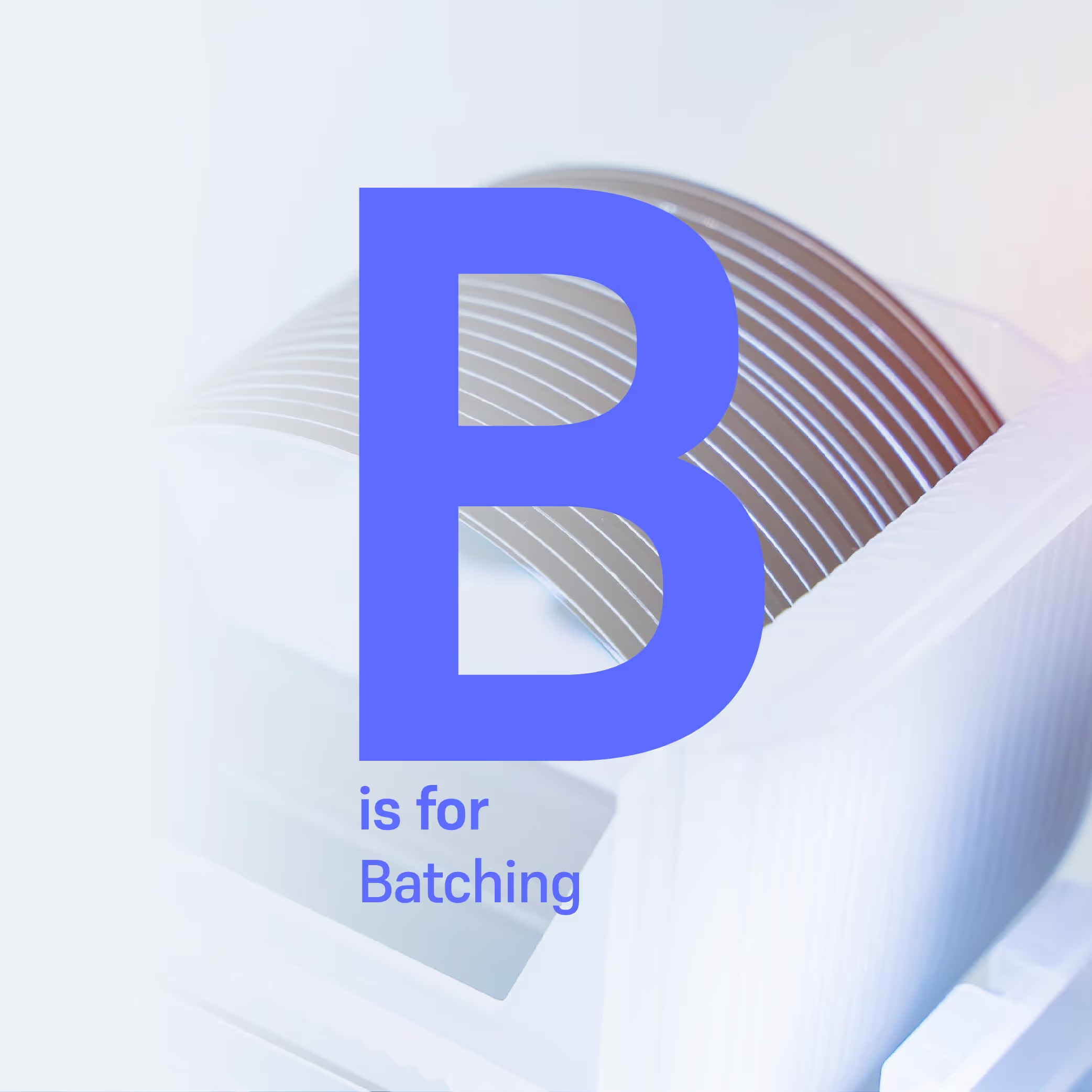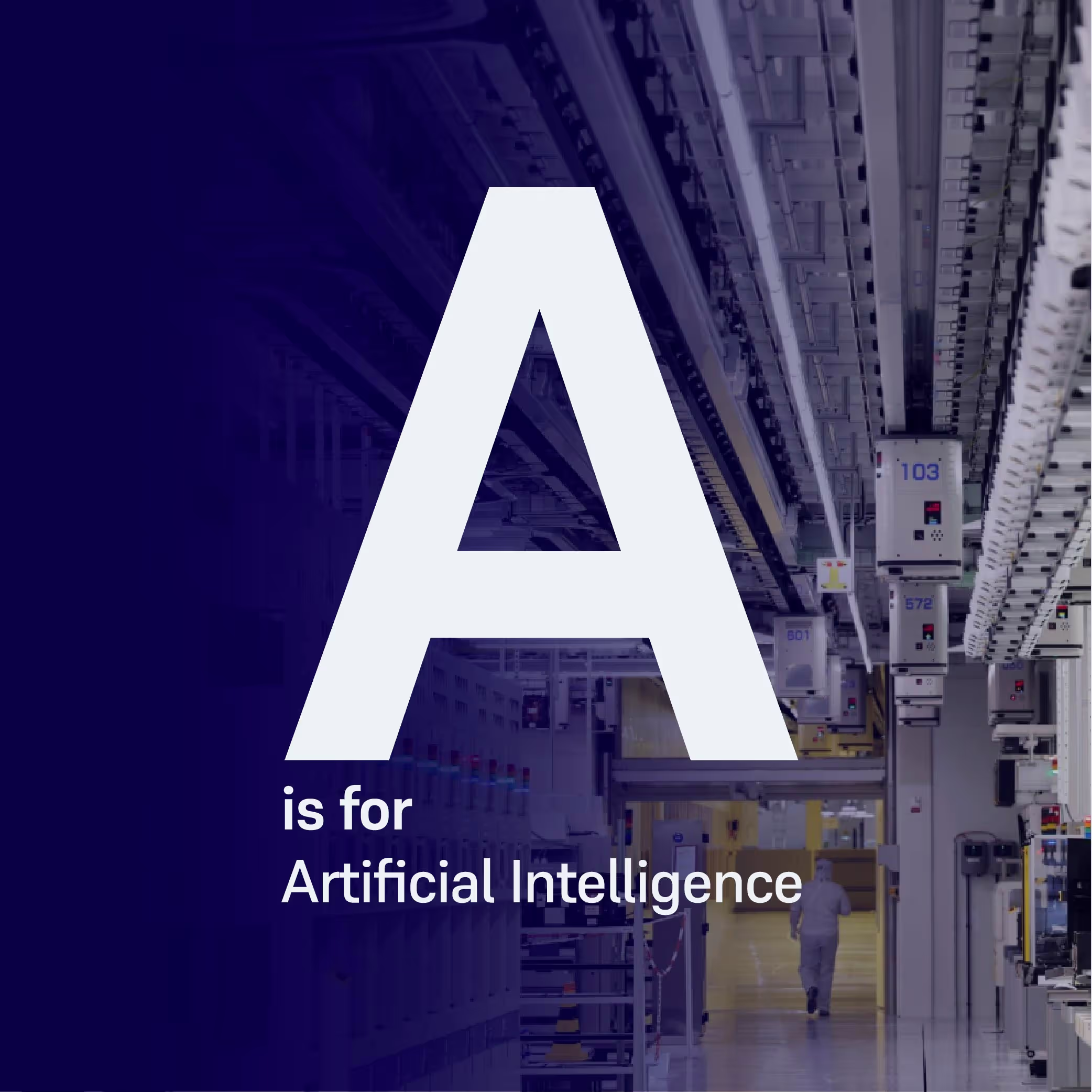Technical Paper: Journal of Manufacturing Systems 2022
This journal publication delves into the complex problem of batch scheduling with varying batch costs and job timelink constraints at Renesas Electronics.
Technical Paper: Journal of Manufacturing Systems 2022
This journal publication delves into the complex problem of batch scheduling with varying batch costs and job timelink constraints at Renesas Electronics.
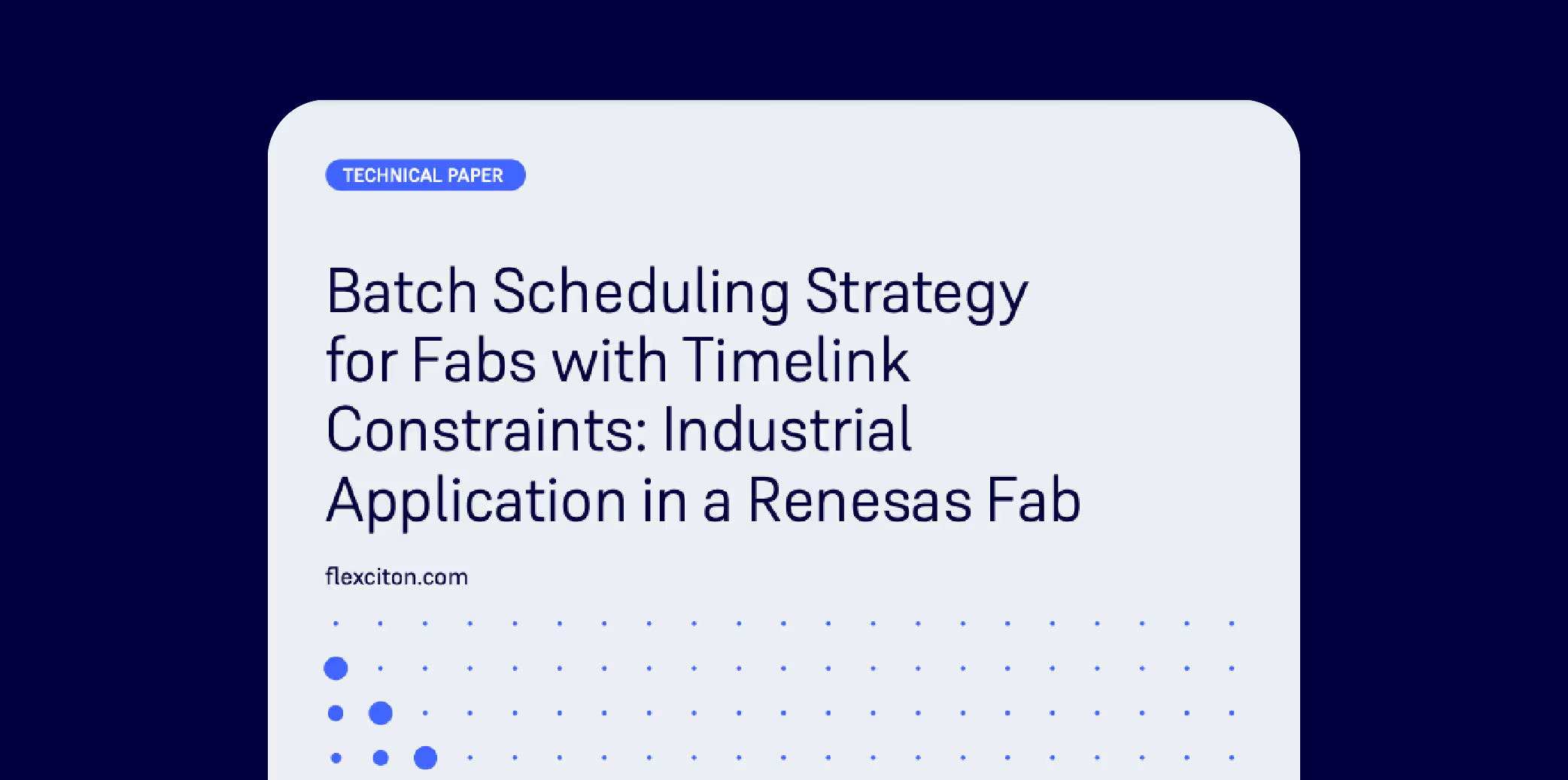
Authors:
Ruaridh Williamson, Semya Elaoud, Ioannis Konstantelos, Jay Maguire, and Dennis Xenos.
Abstract:
This work examines the scheduling of a Renesas semiconductor wafer fabrication plant modelled as a complex constrained flexible job-shop problem. We model the clean and diffusion furnace area with batch scheduling where different batches of jobs have different operating costs and consecutive steps of a job are constrained with timelinks (Timelinks mainly define the maximum amount of time that cane lapse between two or more consecutive process steps of a lot to prevent oxidation and contamination). The model also involves other process aspects such as flexible tool downtime (i.e. a maintenance or a downtime period can start within a window rather than having a fixed start time), incompatible job families, different job sizes, and parallel machines. We present a hybrid two-stage solution strategy, combining an advanced decomposition strategy for Mixed Integer Linear Programming (MILP) models and heuristics. This solution strategy is then benchmarked by minimizing the total weighted batching cost, queuing time, and the number of violations of timelink constraints. Results are compared against those that the wafer fab actually incurred over a historical period of running its dispatching system built on rule-based heuristics. We also detail the simulation methodology used to evaluate the quality of the solution strategy under uncertainty. The comparison of this work’s schedules evaluated under uncertainty against factory schedules when solving large industrial instances shows the significant improvements that our solution can bring.
Keywords:
semiconductor manufacturing, job shop scheduling, MILP, timelink constraints, decomposition techniques, simulation-based performance evaluation
Technical Paper: Journal of Manufacturing Systems 2022
A Multi-objective Parallel Batch Scheduling Strategy for Wafer Fabs with Timelink Constraints: An Industrial Application in a Renesas Fab
Authors:
Ruaridh Williamson, Semya Elaoud, Ioannis Konstantelos, Jay Maguire, and Dennis Xenos.
Abstract:
This work examines the scheduling of a Renesas semiconductor wafer fabrication plant modelled as a complex constrained flexible job-shop problem. We model the clean and diffusion furnace area with batch scheduling where different batches of jobs have different operating costs and consecutive steps of a job are constrained with timelinks (Timelinks mainly define the maximum amount of time that cane lapse between two or more consecutive process steps of a lot to prevent oxidation and contamination). The model also involves other process aspects such as flexible tool downtime (i.e. a maintenance or a downtime period can start within a window rather than having a fixed start time), incompatible job families, different job sizes, and parallel machines. We present a hybrid two-stage solution strategy, combining an advanced decomposition strategy for Mixed Integer Linear Programming (MILP) models and heuristics. This solution strategy is then benchmarked by minimizing the total weighted batching cost, queuing time, and the number of violations of timelink constraints. Results are compared against those that the wafer fab actually incurred over a historical period of running its dispatching system built on rule-based heuristics. We also detail the simulation methodology used to evaluate the quality of the solution strategy under uncertainty. The comparison of this work’s schedules evaluated under uncertainty against factory schedules when solving large industrial instances shows the significant improvements that our solution can bring.
Keywords:
semiconductor manufacturing, job shop scheduling, MILP, timelink constraints, decomposition techniques, simulation-based performance evaluation
Useful resources
Stay up to date with our latest publications.
Speak to one of our experts
Book a demo session or simply reach out to one of our experts to learn more about what Autonomous Technology could do for your fab.


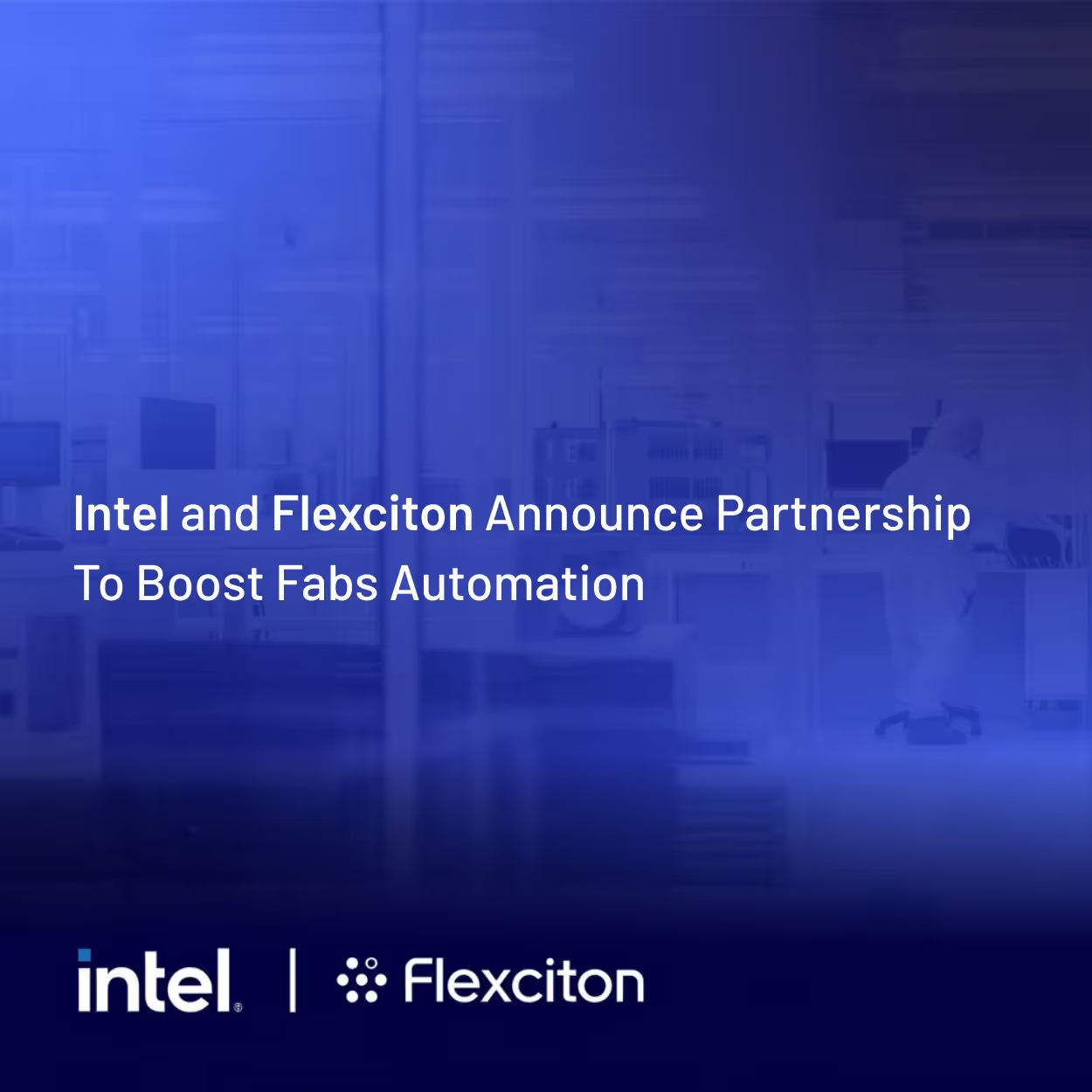




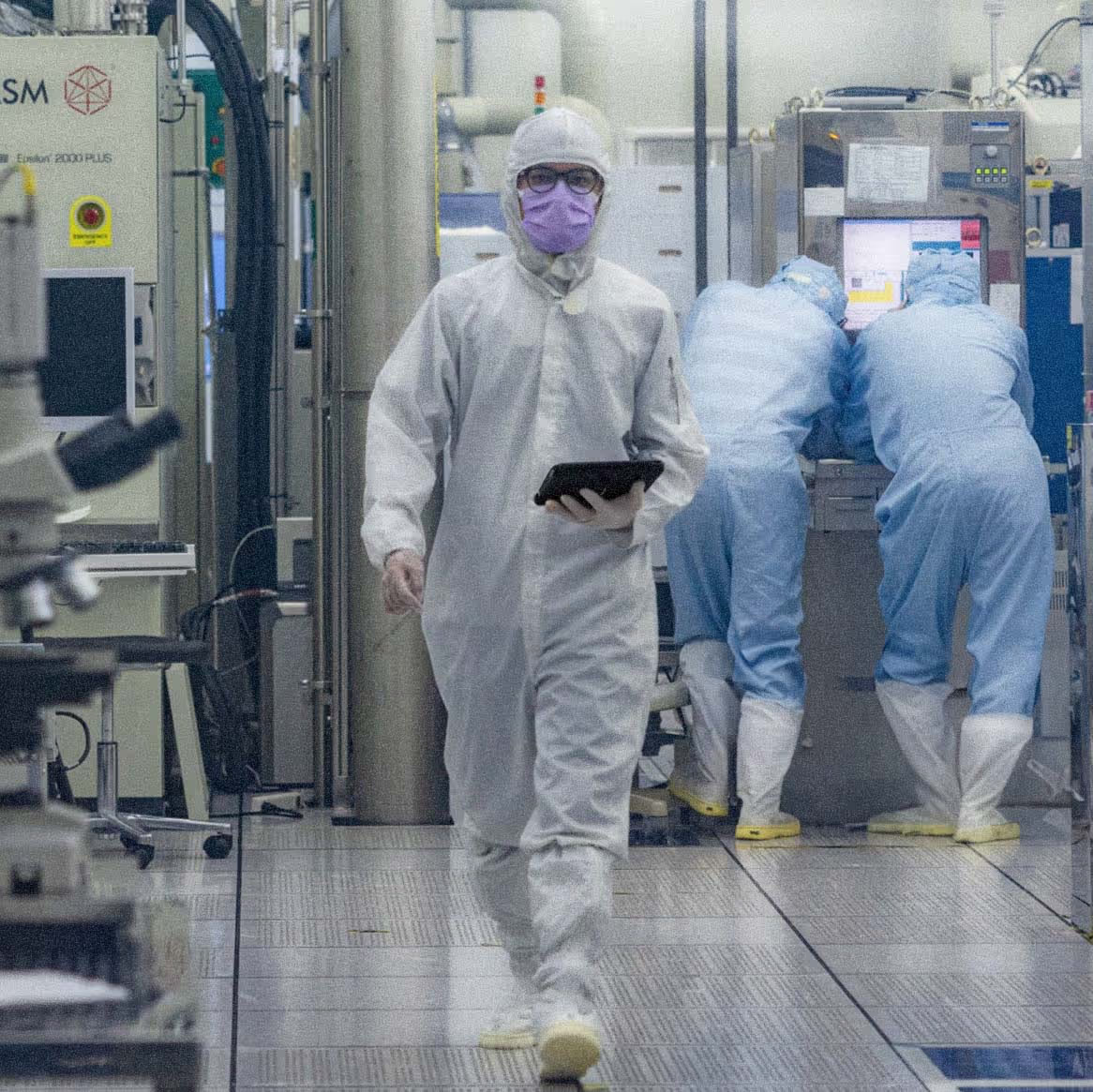
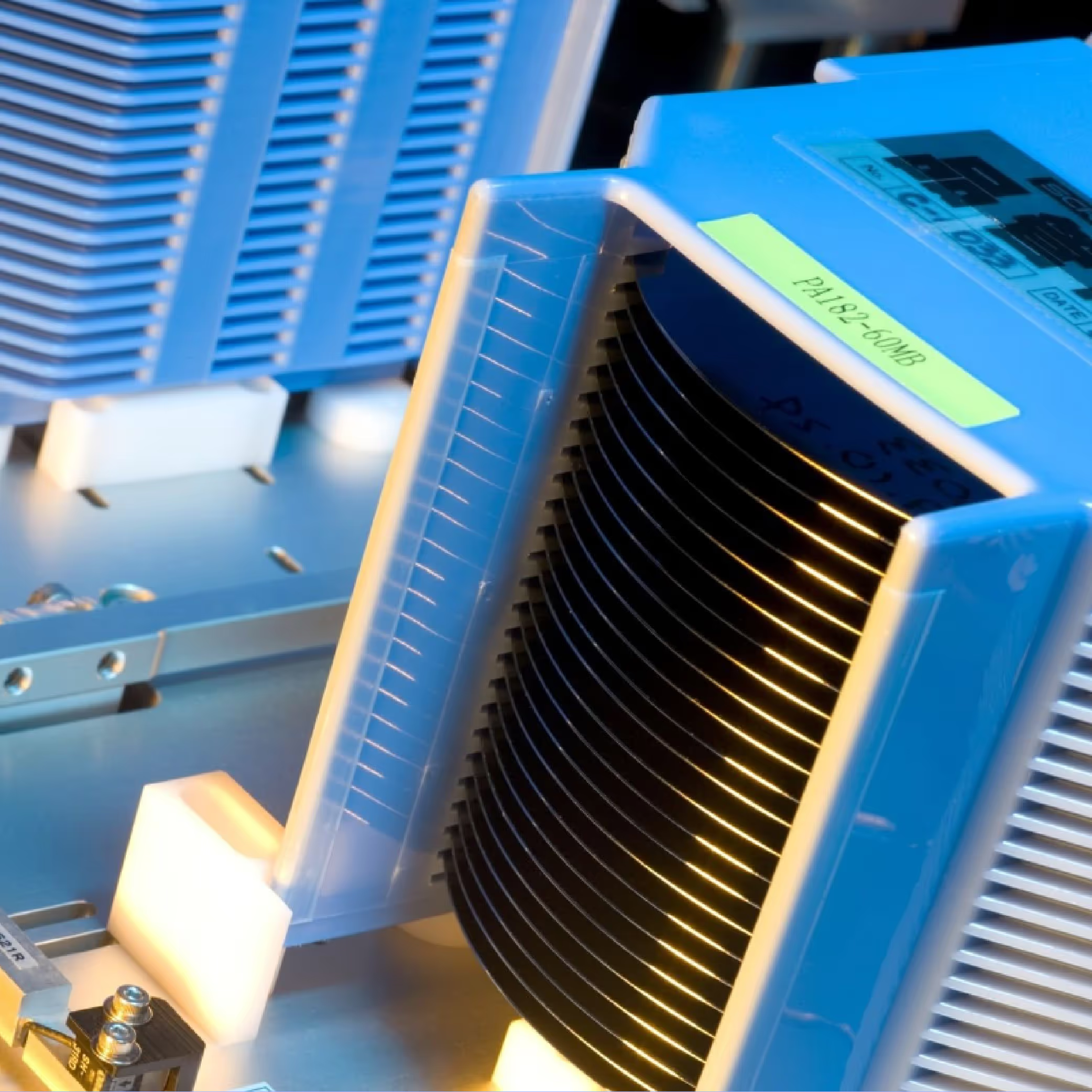
.avif)
.avif)
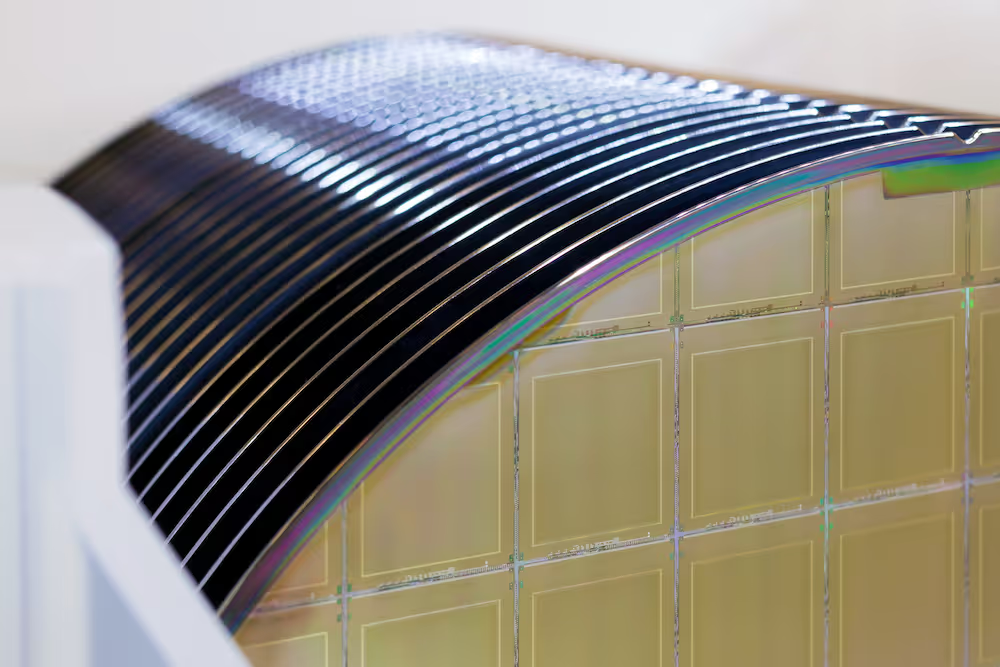




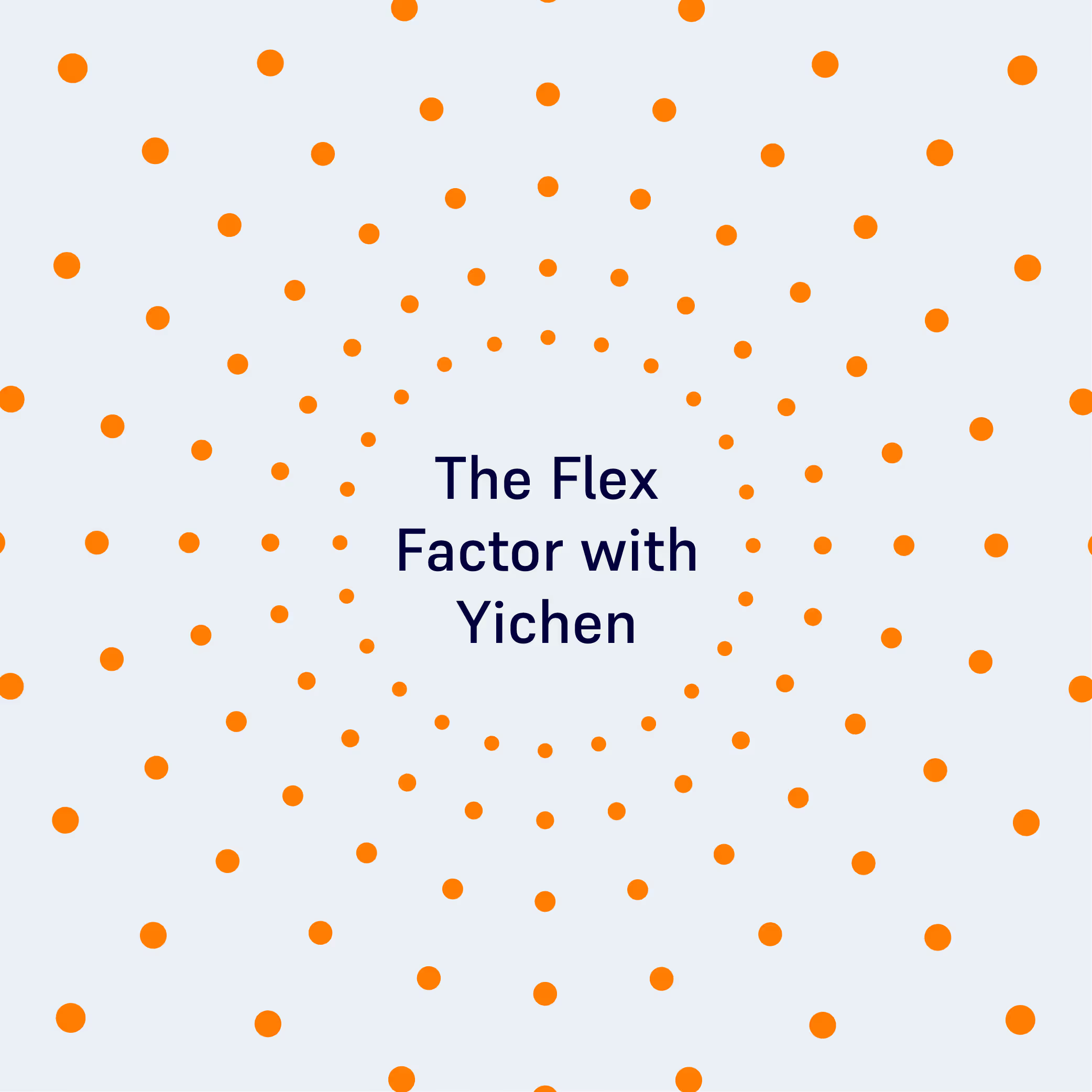



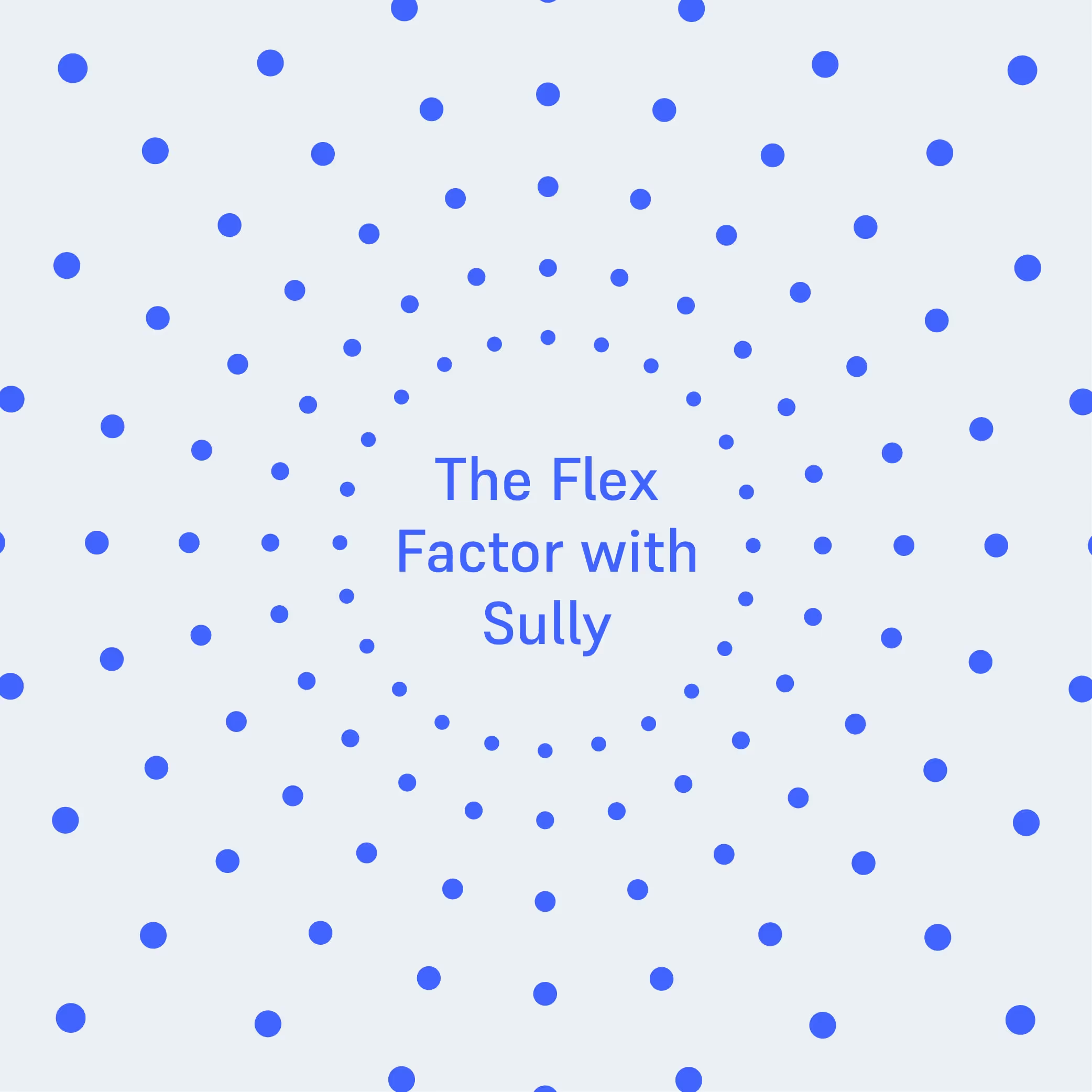
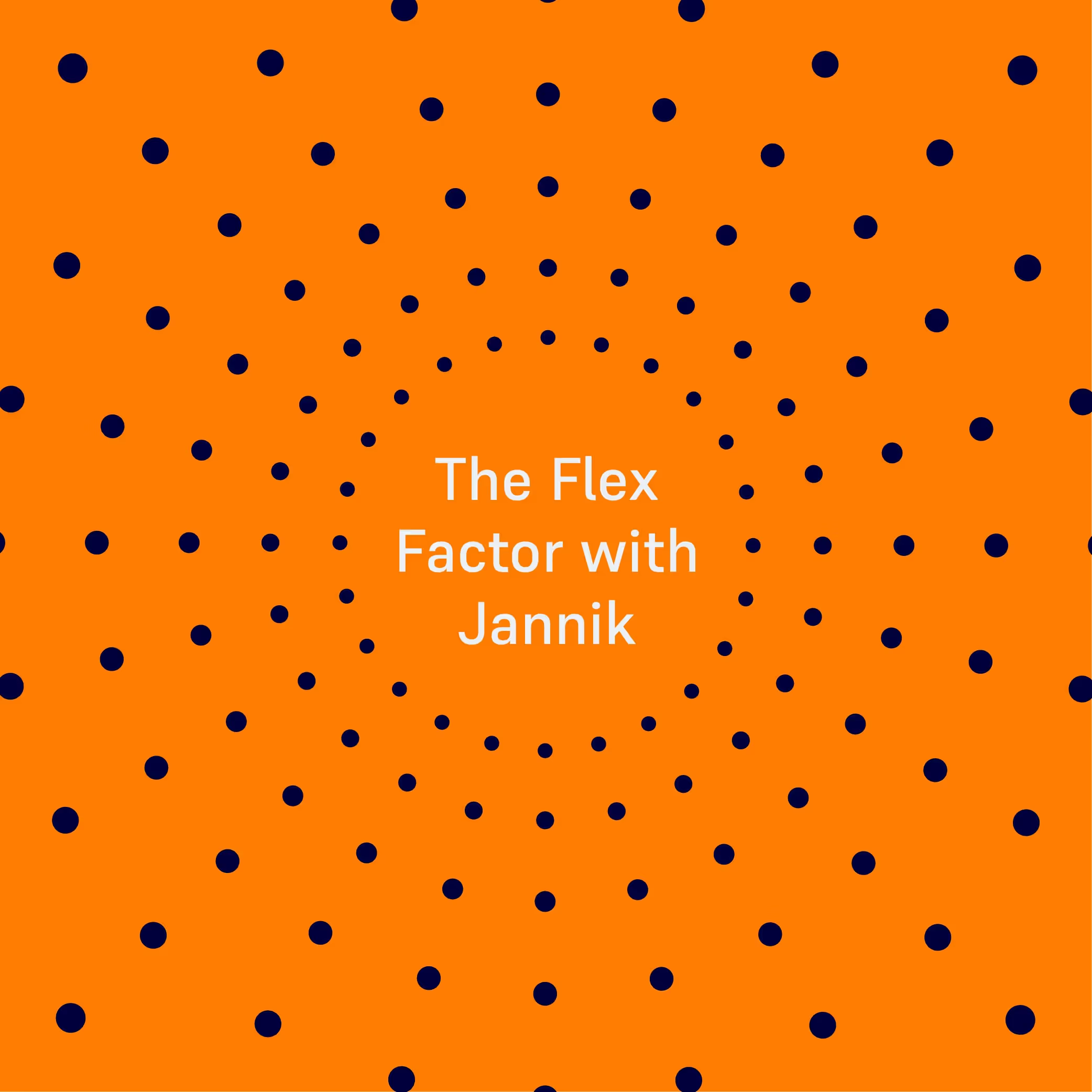
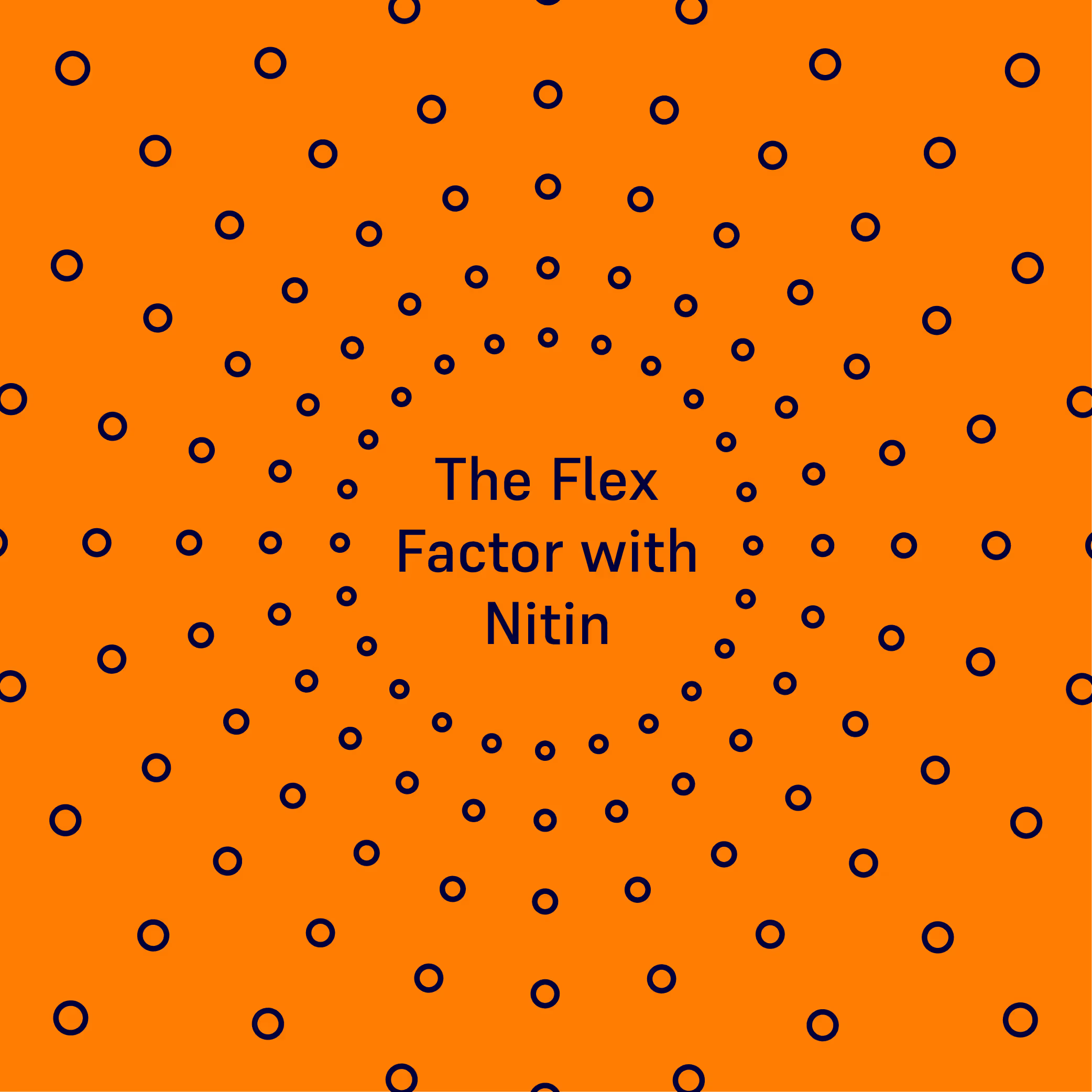




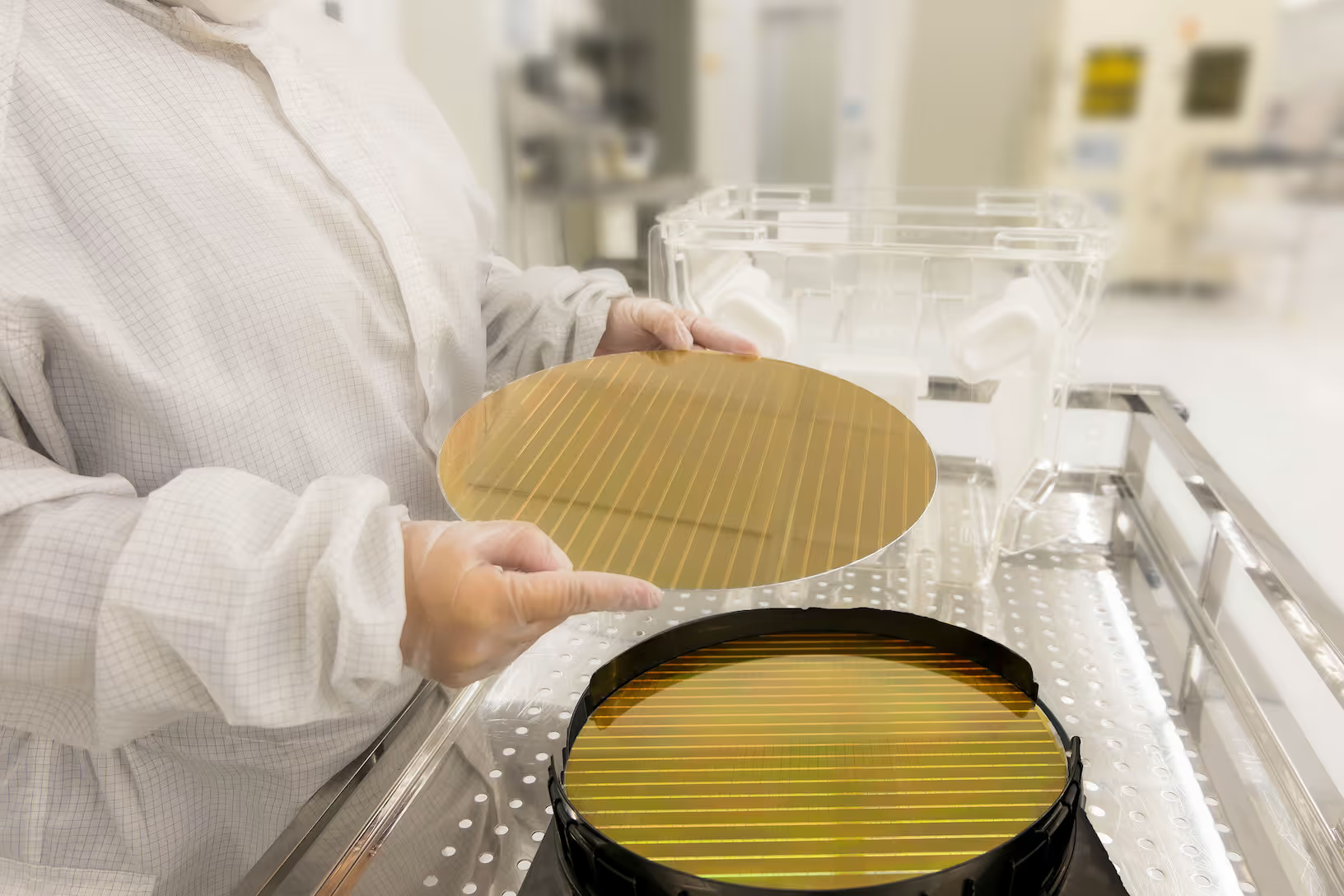

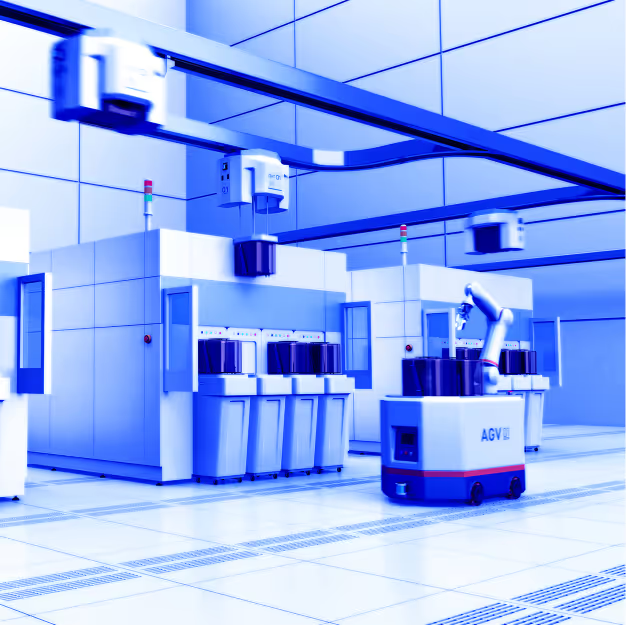
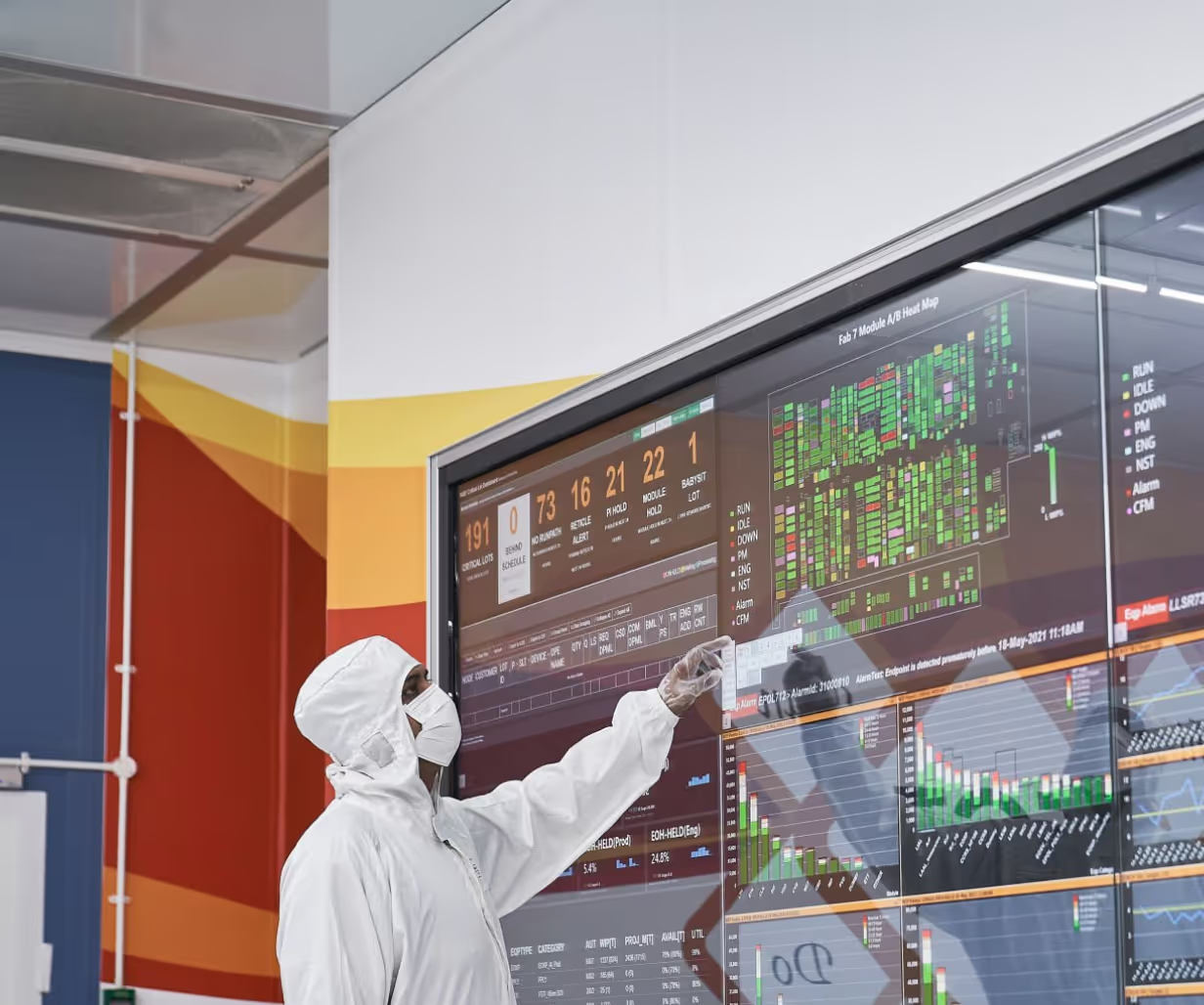


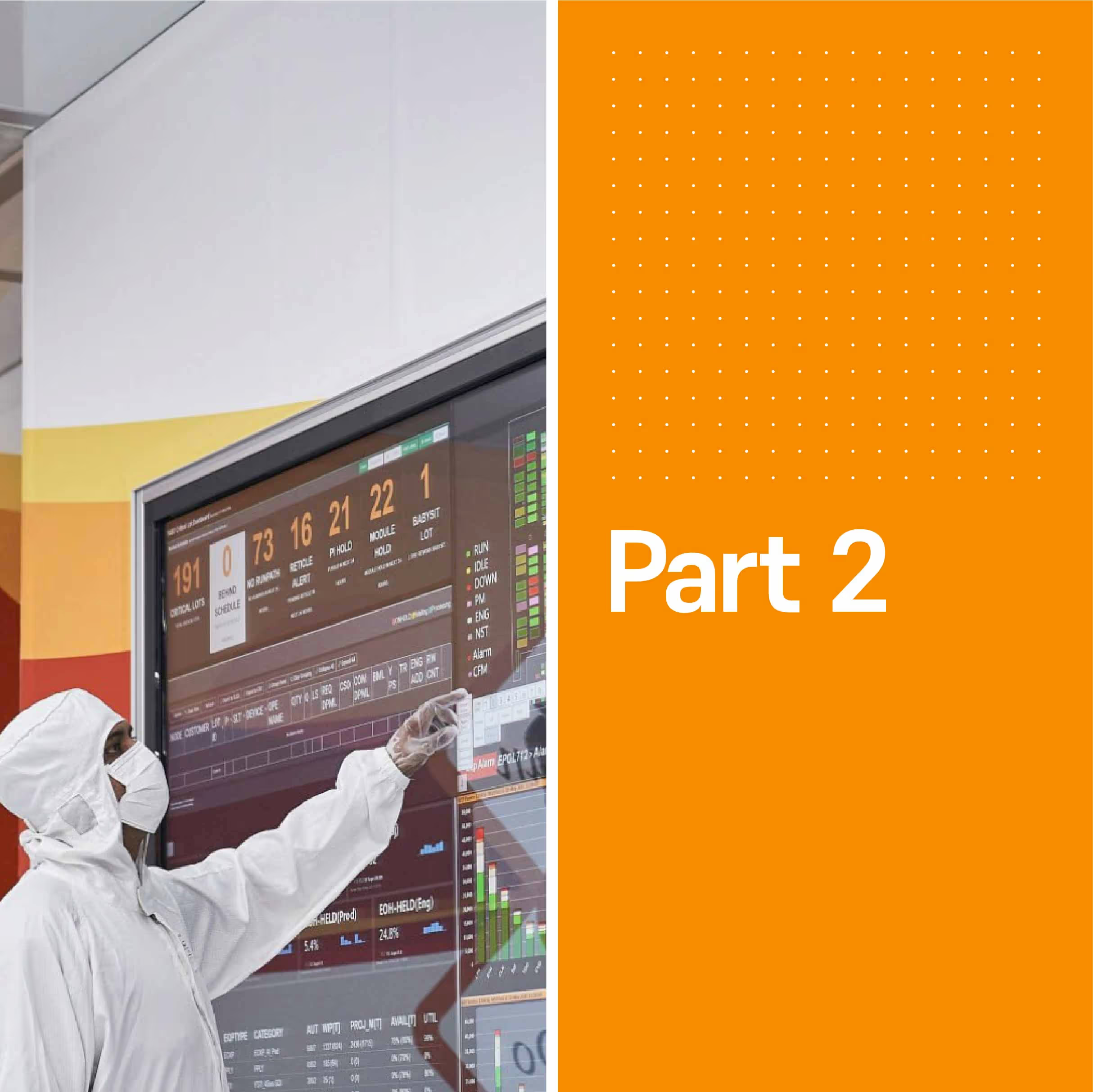



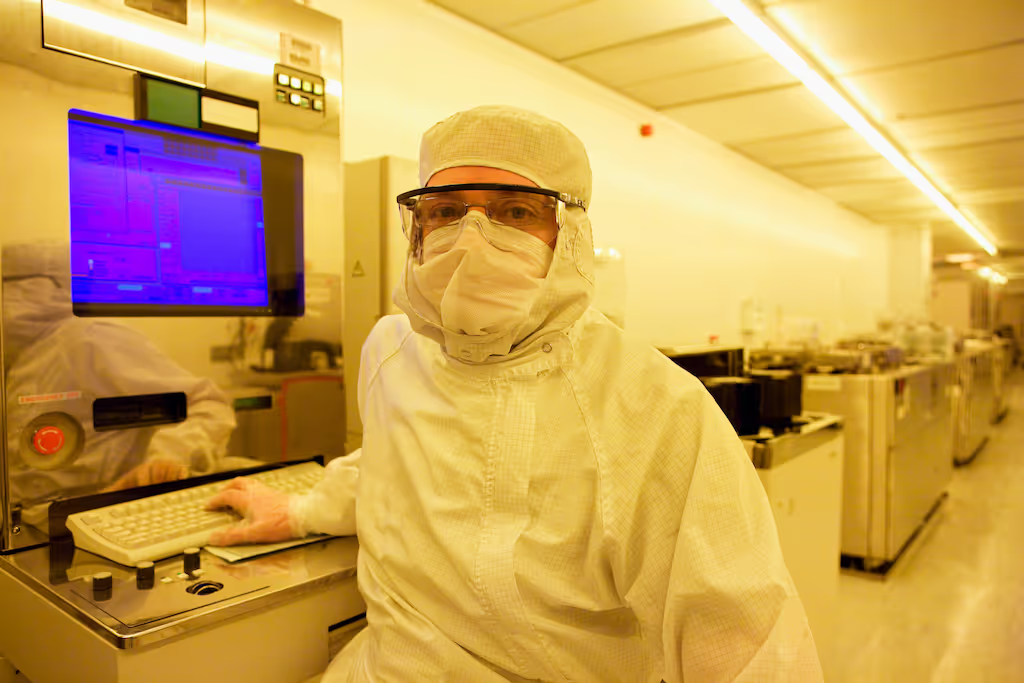
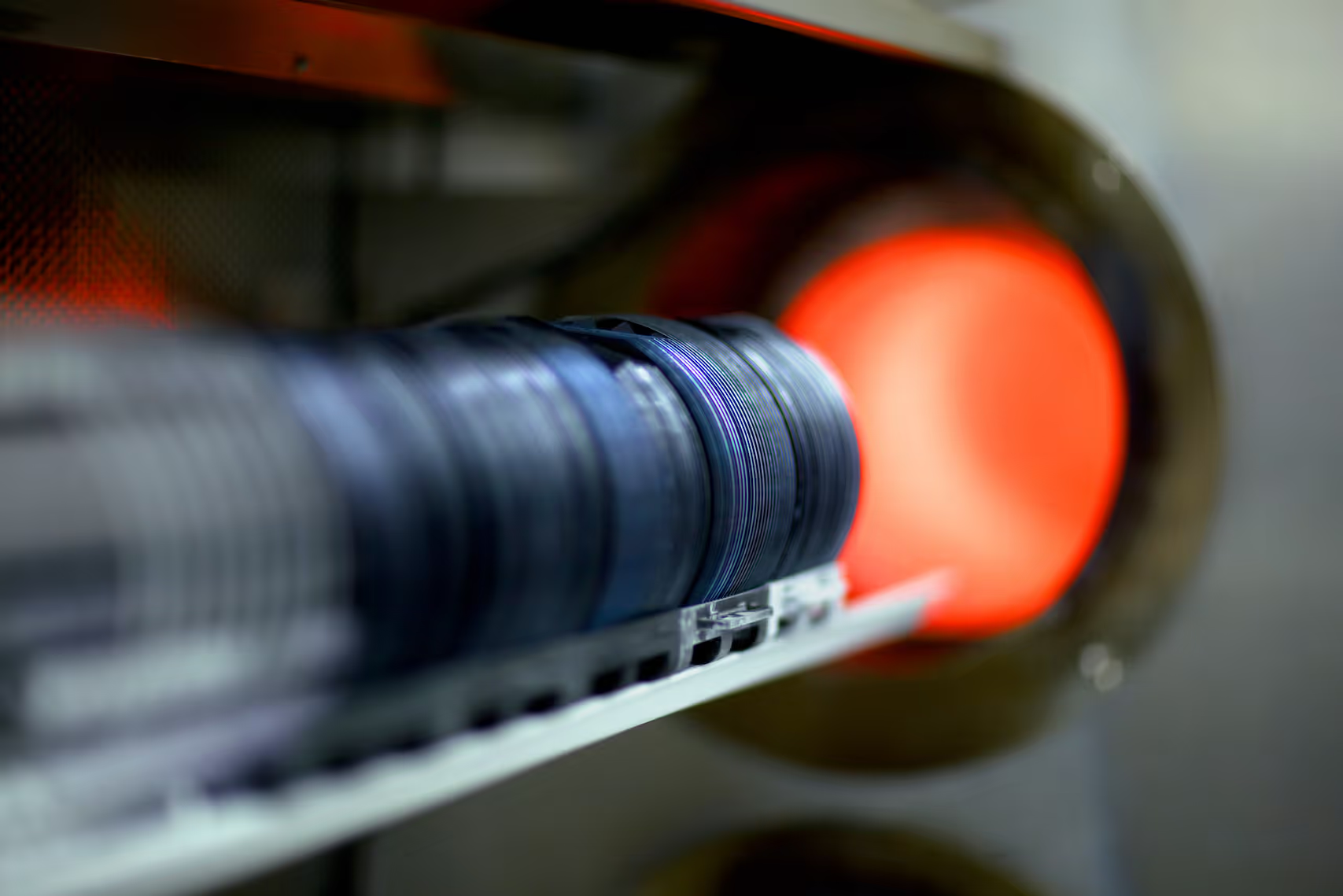
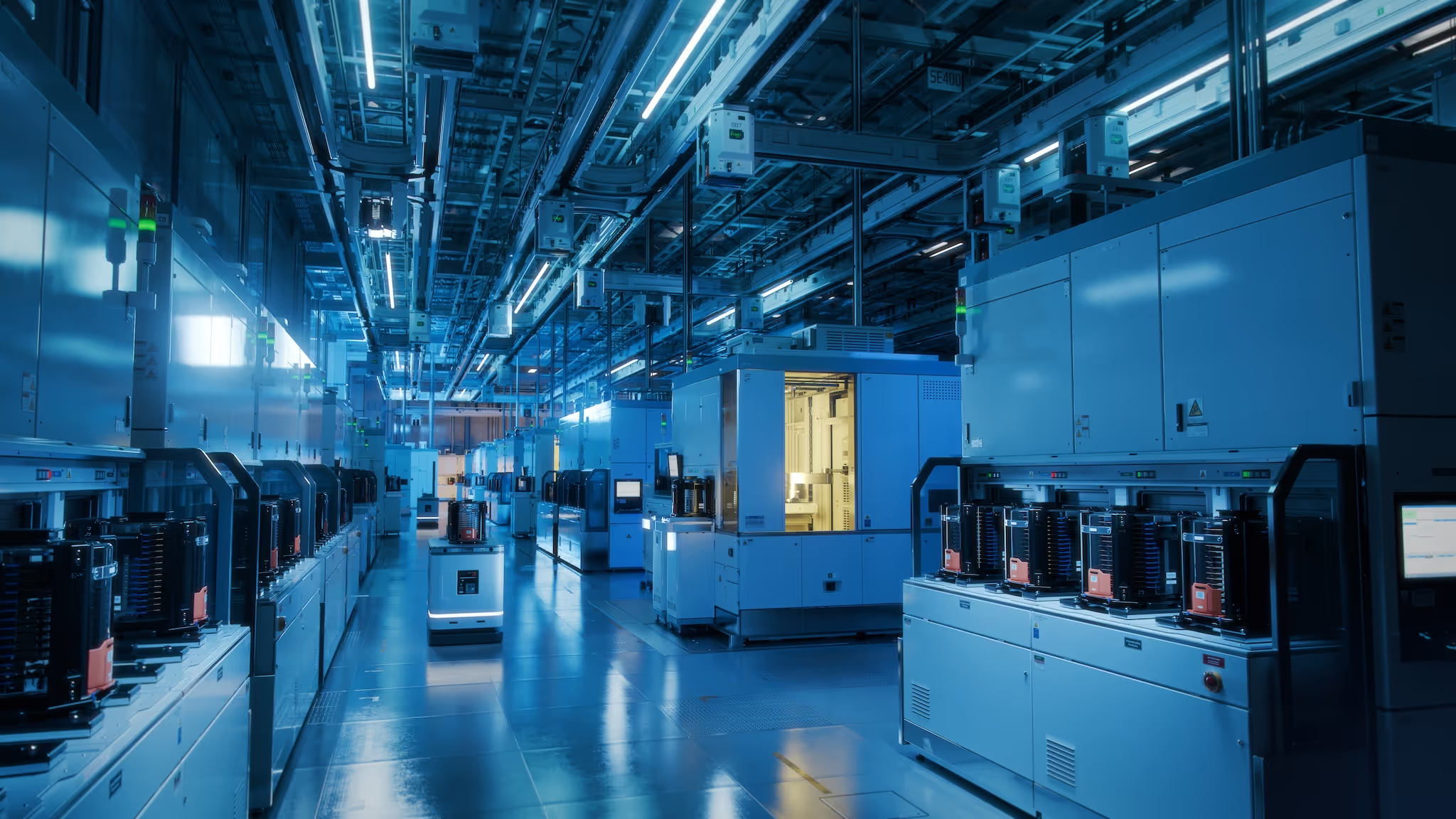

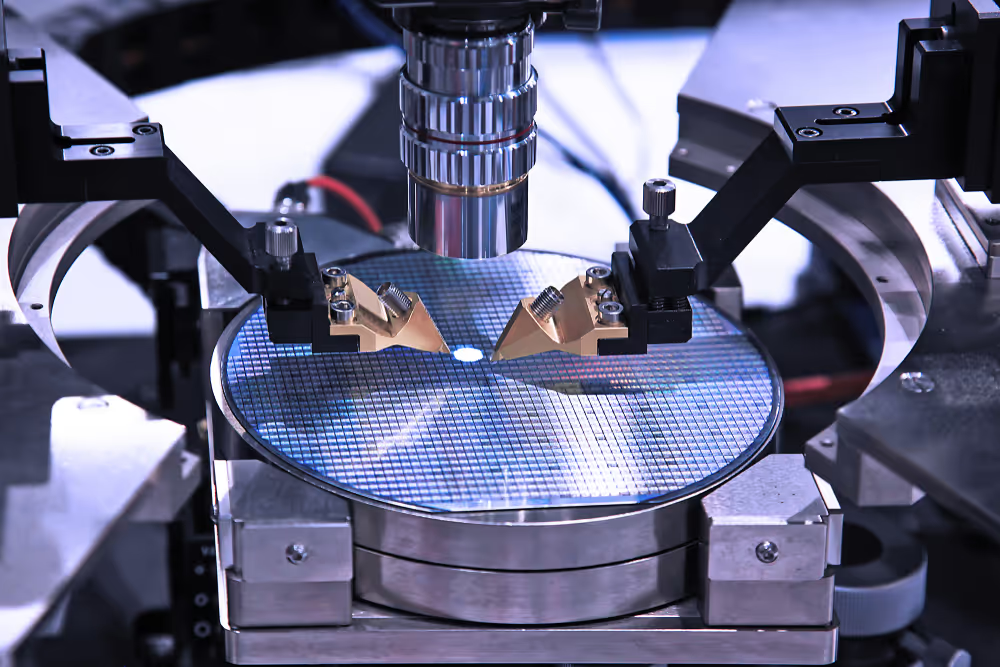
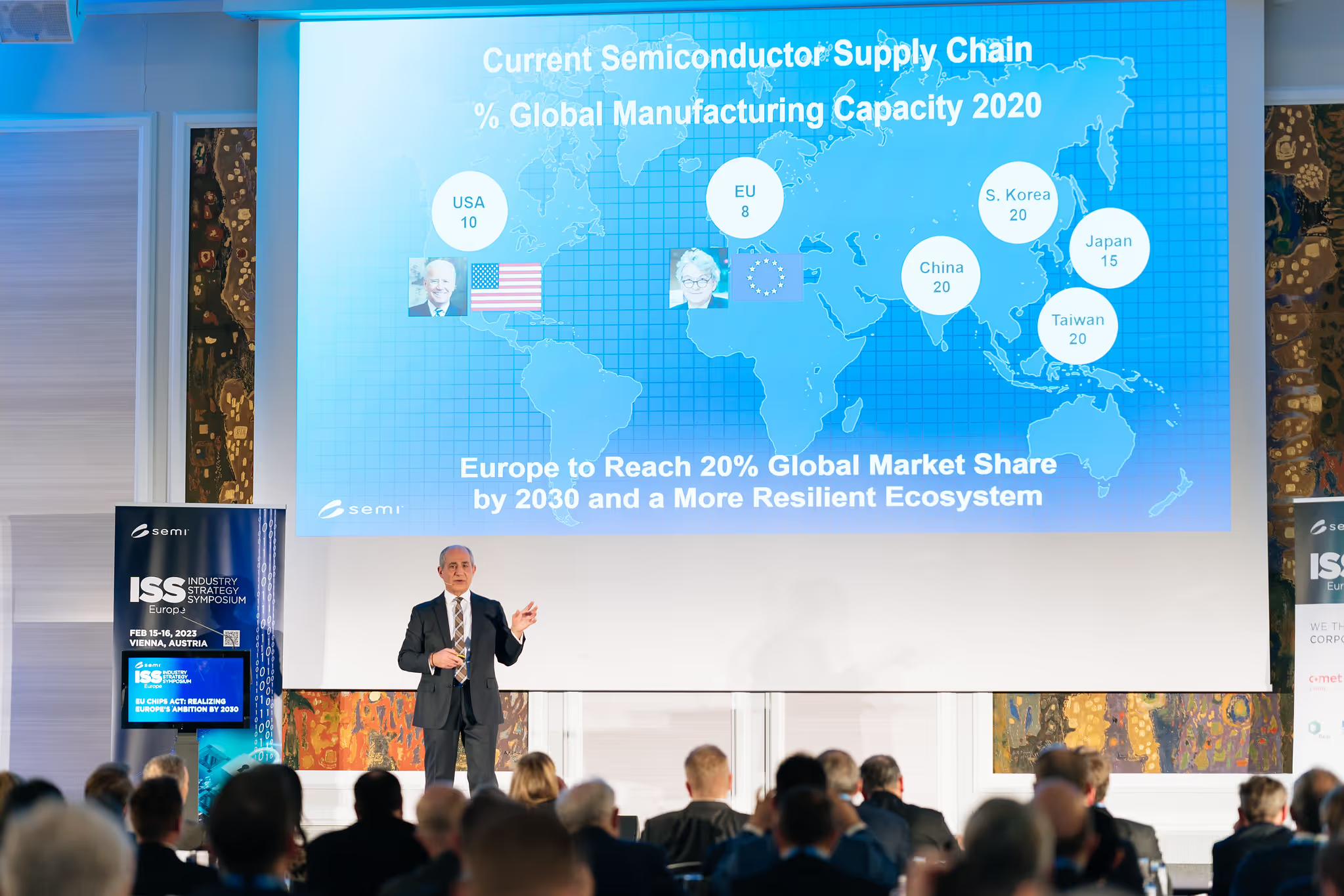

.avif)
